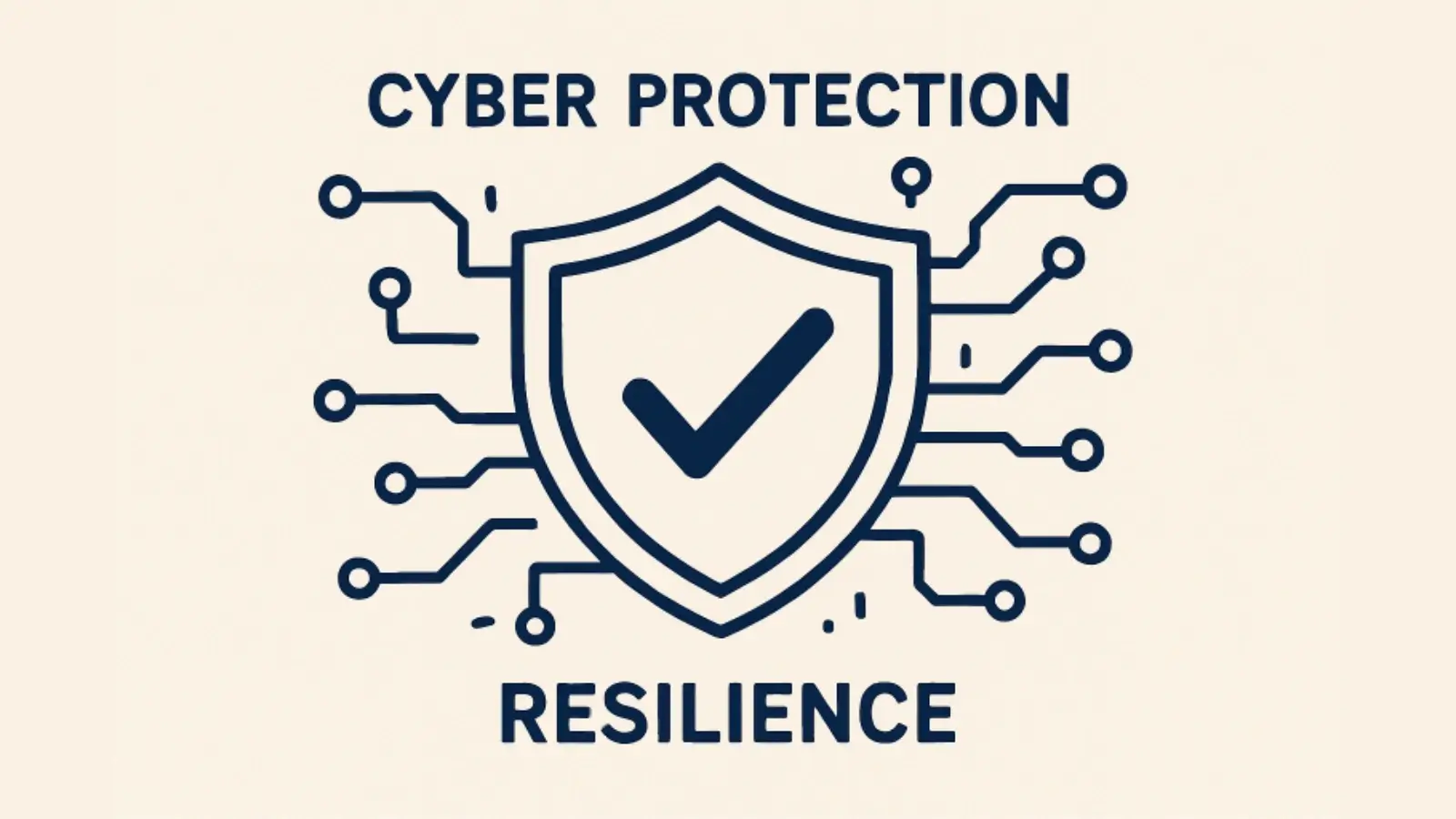Introduction: Why Password Management Matters
In an era where digital threats are more prevalent than ever, protecting your online identity is critical. With the average person managing over 100 online accounts, it’s practically impossible to remember unique, strong passwords for each one. That’s where password managers come in.
In this comprehensive guide, we’ll explore the top password manager uses, why they’re essential, and how they can supercharge your digital security and convenience.
What Is a Password Manager?
A password manager is a secure application or software that stores and manages your passwords. It uses encryption algorithms to keep your data safe and only requires you to remember one master password.
Most password managers also include features like password generation, autofill, and secure sharing.
How Does a Password Manager Work?
A password manager works by securely storing your login credentials in an encrypted digital vault, accessible only through a single master password that you create. It uses advanced encryption standards—typically AES-256—to protect your data, ensuring that even if the vault is compromised, your information remains unreadable without the decryption key. When you visit a website, the password manager can automatically fill in your username and password, saving time and reducing the risk of phishing. Many also offer password generators, cross-device syncing, and two-factor authentication to further enhance your online security.
Top 10 Password Manager Uses (And Why They Matter)
1. Secure Storage of Passwords
Password managers act like a digital vault. They store your passwords in encrypted form, making them inaccessible to hackers or malware—even if your device is compromised.
2. Creating Strong, Unique Passwords
They can generate strong passwords that are hard to crack. These typically include a mix of uppercase, lowercase, numbers, and symbols, tailored to each site’s requirements.
3. Autofilling Login Credentials
Password managers automatically fill in usernames and passwords on websites and apps, saving time and avoiding login errors. This is especially helpful for mobile apps and multi-step authentication websites.
4. Managing Multi-Device Access
With cloud syncing, you can access your passwords across devices—whether it's a smartphone, laptop, or tablet—ensuring you're never locked out.
5. Protecting Against Phishing Attacks
Many password managers detect fake websites. If a website doesn’t match your saved login, the manager won’t autofill credentials—helping protect you from phishing scams.
6. Secure Notes & Personal Data Storage
Most password managers let you store secure notes, such as:
-
Bank account numbers
-
Social Security numbers
-
Software licenses
-
Wi-Fi passwords
-
Identity documents
7. Secure Password Sharing
Need to share a Netflix account or team login? Password managers allow encrypted sharing without revealing the actual password.
8. Monitoring Password Health
Premium password managers provide security audits, identifying:
-
Weak or reused passwords
-
Breached or compromised accounts
-
Old or outdated passwords
9. Two-Factor Authentication (2FA) Integration
Some password managers act as authenticators (like Google Authenticator), streamlining your 2FA and password storage in one secure place.
10. Emergency Access
In the event of an emergency, trusted contacts can be granted limited access to your account or vault, ensuring continuity and peace of mind.
Who Should Use a Password Manager?
Everyone. Whether you’re a student, freelancer, business owner, or a retiree, password managers benefit all demographics. Especially:
-
Remote workers managing multiple tools
-
IT professionals handling secure data
-
Families sharing streaming or utility logins
-
Businesses securing internal platforms
Psychological Benefits of Using a Password Manager
Beyond security, password managers offer mental relief:
-
Reduce password fatigue
-
No need to memorize dozens of logins
-
No fear of account lockout or forgotten passwords
This leads to improved productivity and confidence online.
Free vs Paid Password Managers
|
Feature |
Free Version |
Paid Version |
|
Basic password storage |
✅ |
✅ |
|
Autofill & sync on one device |
✅ |
✅ |
|
Cross-device sync |
❌ |
✅ |
|
Dark web monitoring |
❌ |
✅ |
|
Emergency access |
❌ |
✅ |
|
Secure file storage |
❌ |
✅ |
Integration with Other Tools
Modern password managers can integrate with:
-
Browsers (Chrome, Firefox, Safari, Edge)
-
Mobile OS (Android & iOS autofill frameworks)
-
Security suites (VPNs, antivirus software)
-
Enterprise platforms (SSO, Microsoft 365, Slack)
Password Manager Security: Is It Safe?
Yes, if you choose a reputable provider. Password managers use:
-
AES-256 bit encryption
-
Zero-knowledge architecture (Only you can decrypt your vault)
-
Biometric logins
-
2FA and MFA support

















